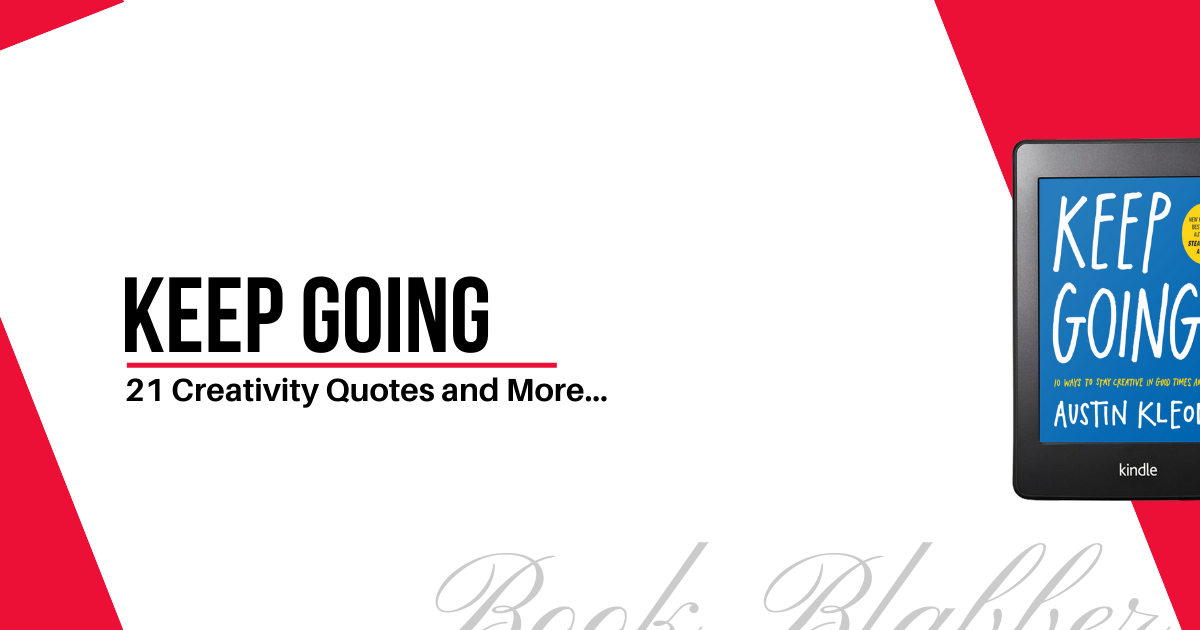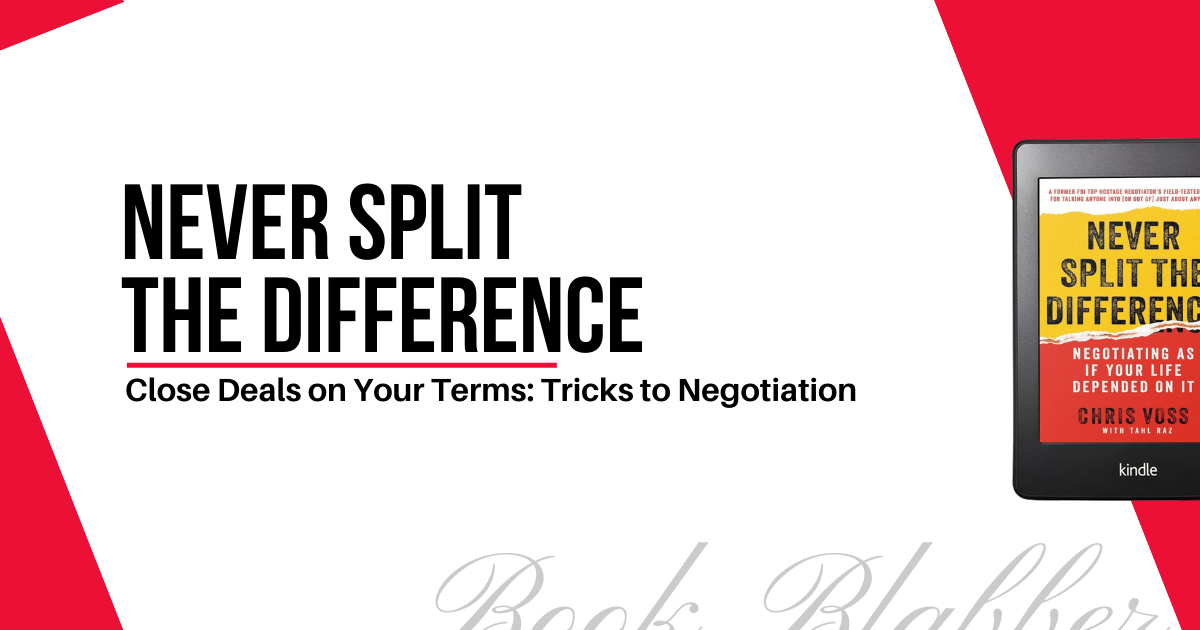65 $100 Startup Quotes That Will Fuel Your Entrepreneurial Journey

The $100 Startup book is about a new model of doing business based on something you love to do, something intrinsically related to your skill or passion. It’s about those entrepreneurs, who probably have never thought of themselves as a businessperson. Check $100 Startup book summary
While other guides tell you how to write eighty-page business plans that no one will ever read, this book is different. It documents 80+ micro-business owners, who are earning a good living while crafting a life of independence and purpose.
Check The $100 Startup on Goodreads
The book focuses on two key themes: freedom and value. The people whose stories are covered in this book have succeeded because of the value they’ve created.
And this article lists some of the best $100 Startup quotes to inspire you.
Check them out.
1) There’s no rehab program for being addicted to freedom. Once you’ve seen what it’s like, good luck trying to follow someone else’s rules ever again.
2) Value is created when a person makes something useful and shares it with the world.
3) Often, the combination of freedom and value comes about when someone takes action on something he or she loves to do: a hobby, skill or passion.

4) Instead of borrowing money, you just start – right now – without a lot of money.
5) The goal isn’t to get rich quickly but to build something that other people will value enough to pay for.
6) The building process is much faster and cheaper today than it has ever been.
7) You’re probably good at more than one thing.
8) Convergence is the intersection between something you especially like to do or are good at doing (preferably both) and what other people are also interested in.
9) The easy way to start a business is to find out what people want and then find a way to give it to them.
10) You just need a product or service, a group of people willing to pay for it, and a way to get paid.

11) As you begin to think like an entrepreneur, you’ll notice that business ideas can come from anywhere. You’ll notice opportunities for microbusiness projects everywhere you go.
12) If you begin your efforts by helping people, you’re on the right track.
13) The more a business can focus on core benefits instead of boring features, the more customers will connect… and purchase.
14) What do people really, really want? At the end of the day, they want to be happy.
15) In the rush to pursue a passion, a number of things tend to get left out.
16) There are plenty of things you may be passionate about that no one will pay you for.
17) To start a business: find out what people want and then find a way to give it to them.
18) You usually don’t get paid for your hobby itself; you get paid for helping other people. You must develop a skill that provides a solution to a problem.

19) Only when passion merges with a skill that other people value can you truly follow your passion to the bank.
20) It’s usually easier to operate a business while roaming the world than it is to start one.
21) Don’t feel bad about needing to devote more hours to work whenever needed. It’s OK; the work allows you to travel.
22) Once you begin to think of opportunities, score your ideas according to their impact, effort, profitability, and your vision.
23) Any single customer does not always know what’s best for your whole business.
24) Old-school marketing is based on persuasion; new marketing is based on invitation.
25) In the battle between planning and action, action wins.

26) Define the mission statement for your business (or your business idea) in 140 characters or less.
27) Having something that removes pain may be more effective than realizing a desire.
28) First you need to sell what people want to buy. Then make sure you’re marketing to the right people at the right time.
29) Just like movie executives release trailers over time (first a short one, then a longer one), small businesses can reproduce this cycle in their own way.
30) A planned launch campaign can provide far better results than simply putting something out there and saying, “Hey, here you go.”
31) The worst thing you could do for a launch is to open without letting anyone know.

32) If you said your offer would end at a set time, you need to stick to your decision.
33) If you admit to a flaw, weakness, or limitation in your product, this will probably help instead of harm you.
34) While the first and most important thing is to tell a good story, it isn’t always enough. You also need to think about “relatability” and timeliness.
35) A good launch should increase sales and influence at the same time.
36) Always return to the all-important value question: How can you help people more?
37) Getting the message out about your business is like writing a book.

38) Take the time to make something worth talking about. Then start with everyone you know and ask for their help.
39) Being willing to promote in an authentic manner is a core attribute of microbusiness success.
40) Freely give, freely receive: It works.
41) The more you focus your business on providing a valuable service and helping people, the more your business will grow.
42) When you’re presented with an opportunity, don’t just think about its merits or how busy you are. Instead, think about how it makes you feel.
43) If the opportunity would be exciting and meaningful – so much so that you can say “hell yeah” when you think about it – find a way to say yes.

44) The point is to do what makes sense to you. Get up in the morning and get to work.
45) Spend as little money as possible and make as much money as you can.
46) If you don’t know what you’re doing when you’re starting out, that’s OK.
47) Almost every entrepreneur pursues projects with a much-trial-and-much-error system.
48) Momentum is important, as is the ongoing attention of the business owner.
49) The not-so-secret to improving income in an existing business is through tweaks.
50) An easy thing businesses can do to add a new revenue source quickly is to create a service from a product-based business or create a product from a service-based business.
51) People follow you (or your business) because that’s what they’re interested in – you.

52) If people don’t like what you do or say, they can unfollow you, but chances are that you’ll gain far more followers than you lose.
53) There’s no point pursuing growth for growth’s sake; you should scale a business only if you really want to.
54) Buying into someone else’s franchise isn’t usually a good idea, but figuring out how to leverage your own efforts is almost always worth careful consideration.
55) The easiest and most common way to partner with someone is to create a joint venture.
56) Construct your business in a way in which few of the outsourcing tasks are actually needed in the first place.
57) Your own personality also matters.

58) A good business needs nurturing and continuous improvement.
59) Become as big as you want to be (and no bigger).
60) Entrepreneurs are not necessarily risk takers; it’s just that they define risk and security differently from the way other people do.
61) Work on your business as opposed to in it.
62) The most important step in creating an independent identity for the business is to create a product or service with the potential to scale.
63) If you’ve been waiting to begin your own $100 startup (or anything else), stop waiting and begin.
64) If you know what you need to do, the next step is simply to do it. Stop waiting.
65) Focus on the convergence between what you love to do and what others are willing to pay for.

Liked the article?
Join Book Blabbers WhatsApp group to bond over books, memes and quotes.
Subscribe to Book Blabber’s Bulletin to get book summaries, reading tips and occasional hugs in your inbox.







Comments